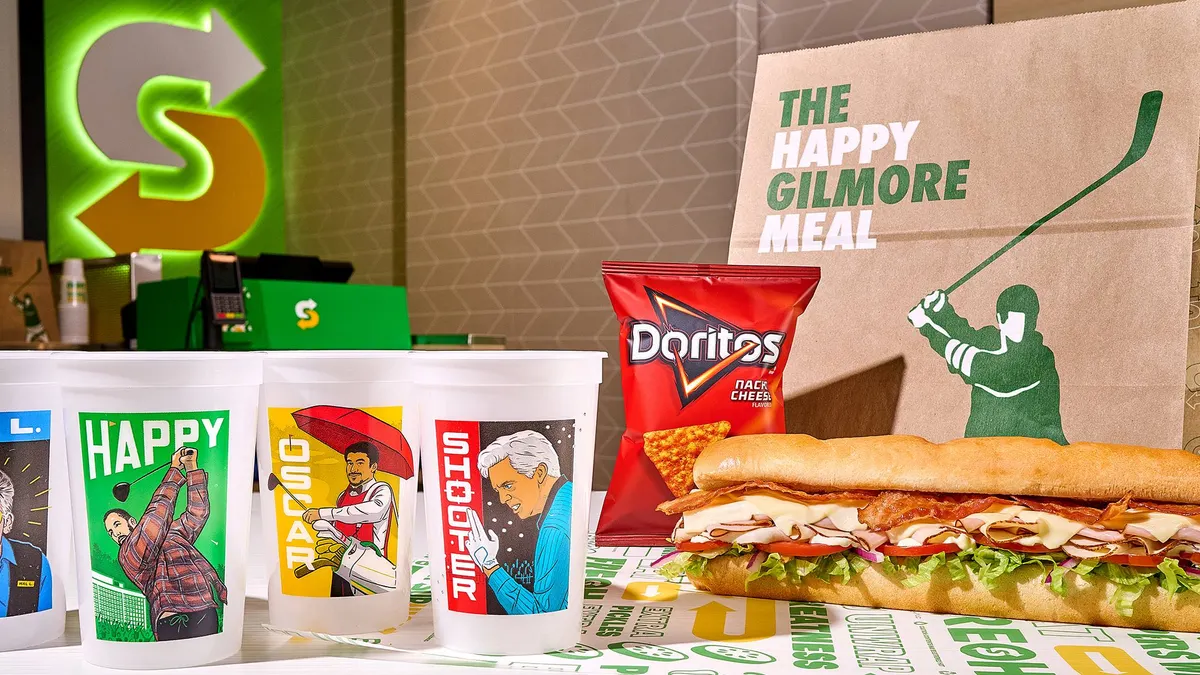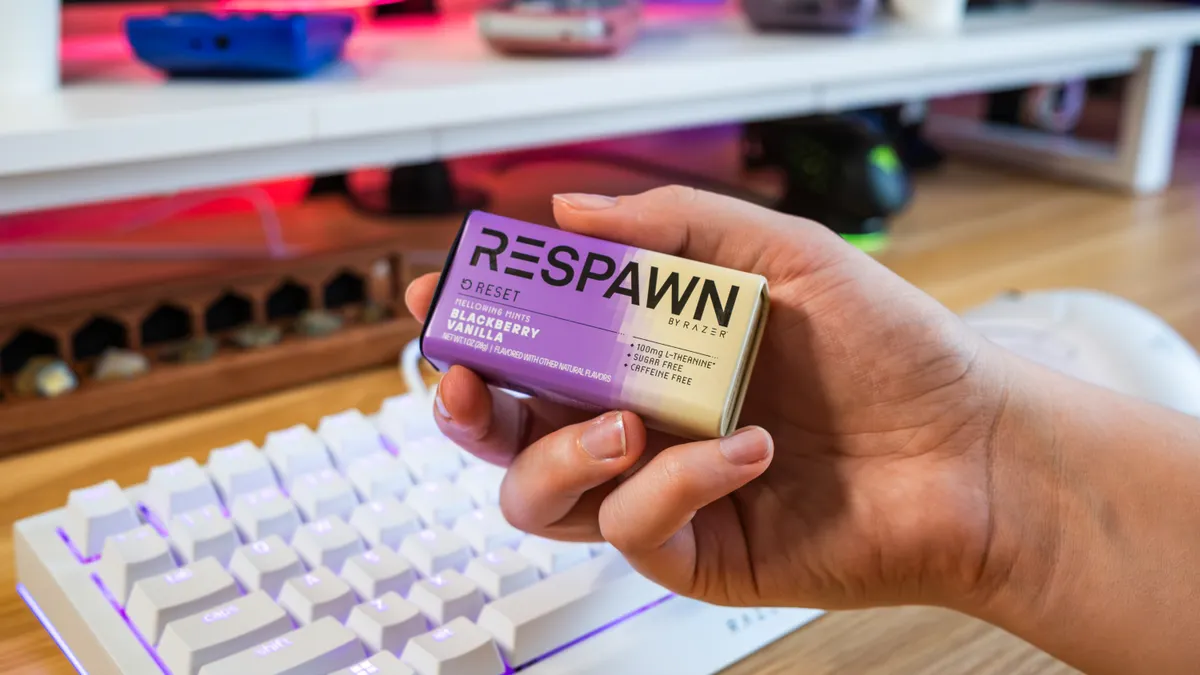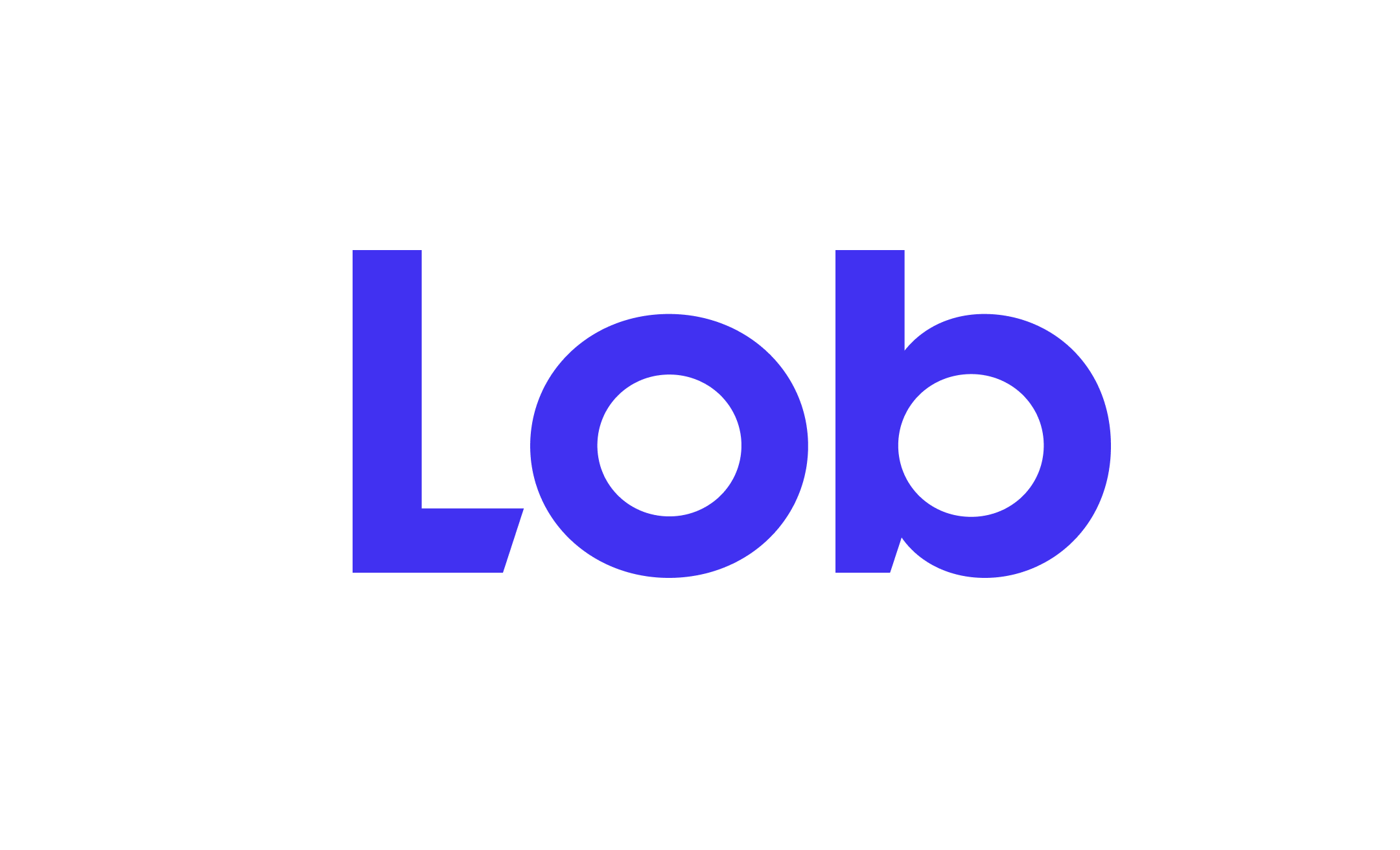LAS VEGAS – The top marketers at the world's two largest packaged goods giants, Procter & Gamble and Unilever, shared a similar sentiment during talks at the Consumer Electronics Show (CES) on Wednesday: that digital technology has upended what their profession means, with any number of factors — including data, e-commerce and direct brand services — also making it more difficult to master.
"When I go back to when I first started marketing a few decades ago, we were using second-hand data from retailers that was three months old to predict what was happening," Keith Weed, Unilever's outgoing marketing chief, said on a panel with IBM and Knotch. "What we can do right now, of course, is in real-time — in a very agile way — know what people are doing and indeed know how people are acting."
Though both Weed and Marc Pritchard, P&G's chief brand officer, pinpointed similar roots of disruption affecting the marketing industry, their responses for weathering this period of transition differed. They were, in fact, speaking on separate subject matter altogether: Weed on the importance of trust following a year where it ran in perilously short supply for digital media, while Pritchard spoke later to tout a suite of new product offerings P&G is showcasing as part of its debut year as CES exhibitor.
But the different focuses of the panel discussions could help to illustrate how these companies, two of the largest media buyers in the world, will respond to disruption moving forward. Unilever on Wednesday continued to lean into a mission of seeking out collective ways to fix a broken digital ecosystem, including through early-stage solutions like blockchain, whereas P&G appeared to offer something closer to a radical reinvention — one where technology- and purpose-driven products are the stars of the show.
"I would say that the days of advertising as we know it today are numbered," Pritchard said. "We need to start thinking about a world with no ads."
Reshaping media
Pritchard's comments were potentially his most dramatic to date following years of criticizing what he views as mass media waste and ineffective advertising. He highlighted a handful of P&G offerings at CES that could substitute in the place of traditional ads.
The "world with no ads" comment, for example, followed a video presentation for one of the marketer's new sustainability-driven brand experiments, DS3, which offers personal and home care products that don't require water to activate. The executive also pointed to connected tech as an alternative for engaging consumers, through platforms like Olay's deep learning-powered Skin Advisor or SK-II's new "phygital" retail concept that incorporates aspects of facial recognition, computer vision, AI and analytics.
"When you think about an IoT technology on a daily basis and it's giving you feedback — that's a lot more useful than an ad,' Pritchard said
"When you have these types of technologies embedded in products, it actually makes them more central to the brand building experience," he added. "I think it could eventually replace advertising as we know it."
Weed wasn't at his panel to discuss Unilever's products, but he, like Pritchard, acknowledged the rough state of much of digital media, referring to the ecosystem as "a swamp." Still, the executive, who plans to retire in May, pushed for more collaborative ways to addressing these issues, including through nascent technology like blockchain — a frequent favorite topic at CES this year.
"Blockchain could be a fantastic answer to some of the challenges that we have. If you think about it, it has to be the right answer," Weed said.
"To us, this isn't an issue about working with media agencies,' he added. "The difficulty is about the Lumascape," he said, in reference to a visual map detailing the myriad players who make up the labyrinthian digital ad space.
Unlike some marketers' discussions around blockchain, Unilever isn't all talk: it has been piloting a solution for its media supply chain with IBM since last year, which Weed suggested won't be an immediate catch-all fix.
"We're not going to to be able to solve this overnight, I want to kind of manage expectations," he said. "But the early days are actually quite promising."
Reclaiming customer data
In both companies' cases, gaining more control over first-party data will be essential to accomplishing their goals and further innovating with technology to stay competitive. Frustrations among marketers about data are potentially higher in the new year following several mishaps from the major platforms in 2018, including Facebook's Cambridge Analytica scandal.
"What we did with digital ... we ceded way too much control — we ceded power to algorithms, we got intimidated by Big Data,” Pritchard said, without calling out any one player in particular.
As a response, P&G has hired more data scientists to develop algorithms and technology internally, along with more frequently working through its own data management platform. The strategy change-up has led the Cincinnati-based company to rely less on outside partners, according to Pritchard, and reshaped its approach to working with its agency roster, which continues to be culled to save costs.
"We have a 1 billion consumer IDs," Pritchard said. "That allows us to work with our data scientists to create algorithms, do propensity analytics. Increasingly, what this is doing is giving us the direct [consumer] relationship."
Unilever in 2019 similarly has a goal of achieving 1 billion first-party data profiles, an area Weed said has not always been the company's strong suit.
"We realized that unless we built the muscle of first-party data, we'd be left behind this whole conversation," Weed said.
In terms of catching up, he sounded optimistic and forecast the 1 billion mark would be met, among other predictions.
"This is the year I really believe that data-driven marketing is actually going to deliver at scale," Weed said. "We've been talking about it for a few years, but I think it's actually going to play out."





















